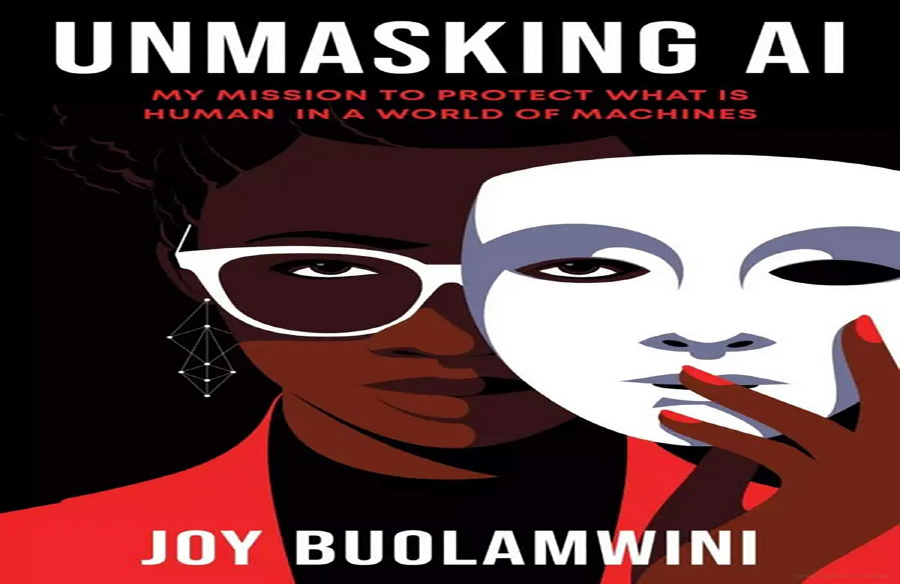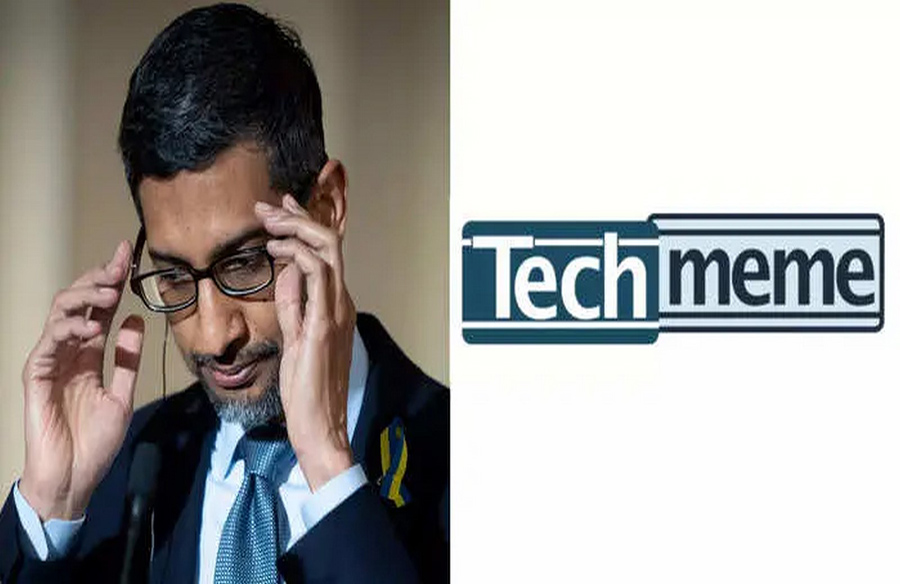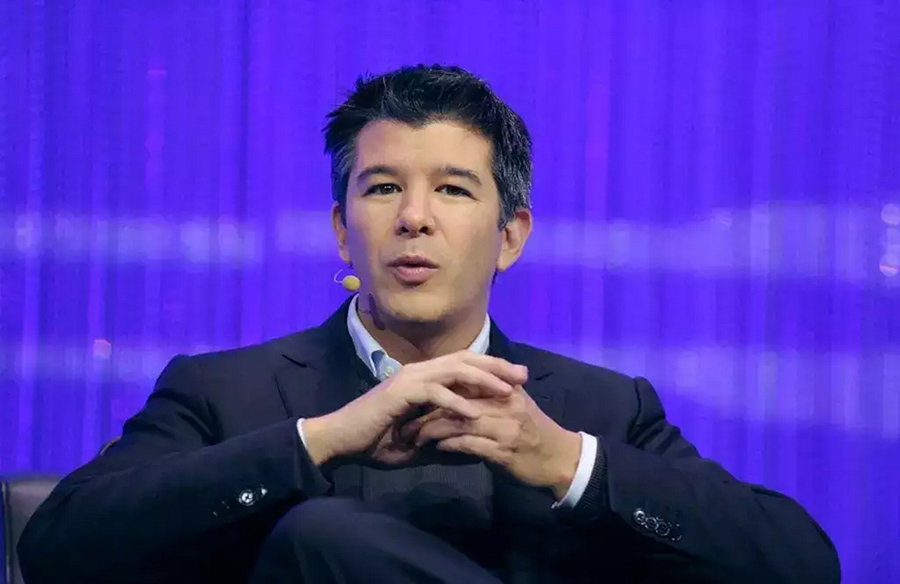Joy Buolamwini’s debut book, “Unmasking AI: My Mission to Protect What Is Human in a World of Machines,” stands as a beacon in the realm of artificial intelligence literature, offering a refreshing departure from the typical dry and inaccessible narratives often associated with the subject matter. In this insightful autobiography, Buolamwini not only delves into the origins of AI technology but also recounts her personal journey, shedding light on the biases inherent in AI systems and the imperative of holding Big Tech accountable.
Bridging Accessibility and Complexity
Buolamwini’s narrative is as accessible as it is profound, mirroring the mainstream ascent of AI technology. From her humble beginnings in rural Mississippi to her pivotal role as an advocate for ethical AI policy, Buolamwini weaves a compelling tale that resonates with readers of all backgrounds. Her mission is clear: to democratize the conversation around AI, inviting individuals from all walks of life to participate in shaping its trajectory.
The Coded Gaze: Unveiling Exclusionary Practices
Central to Buolamwini’s narrative is the concept of the “coded gaze”—the insidious influence of those shaping technology on perpetuating harm and discrimination. Through meticulous research and personal anecdotes, Buolamwini exposes how prevalent technologies, particularly facial-recognition AI, reflect and amplify biases, leading to profound societal repercussions.
Personal Reflections and Activism
Buolamwini’s story is not just one of academic inquiry but also of personal struggle and resilience. From facing discrimination in her formative years to navigating the complexities of being a Black woman in predominantly white spaces, Buolamwini lays bare the challenges she has encountered. Yet, amidst adversity, her activism shines through, as she champions causes close to her heart and fights for justice and equity.
A Call for Accountability
Through Buolamwini’s lens, readers gain insight into the intricate workings of AI technology and the ethical dilemmas it poses. Her account of interactions with industry giants like IBM and Amazon underscores the importance of accountability and transparency in tech development. By shedding light on both progress and setbacks, Buolamwini advocates for a future where humanity remains at the forefront of technological innovation.
Protecting What Is Human
In the end, Buolamwini’s book serves as a poignant reminder of the essence of humanity amidst the rapid advancement of machines. As she reflects on her journey, she implores readers to recognize and safeguard what makes us inherently human. In a world where technology permeates every aspect of our lives, Buolamwini’s message resonates—a clarion call to protect our humanity in the face of relentless technological progress.












